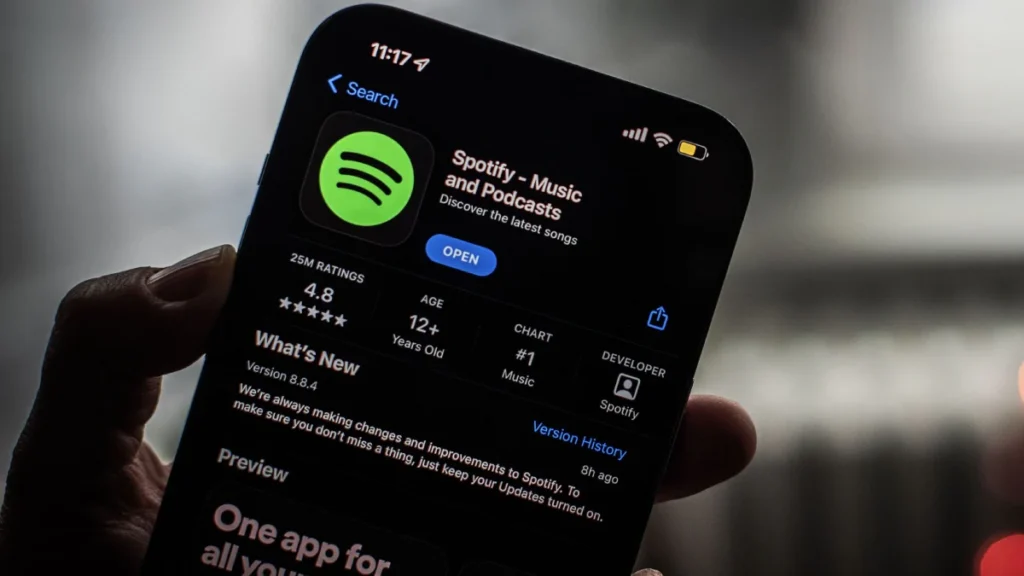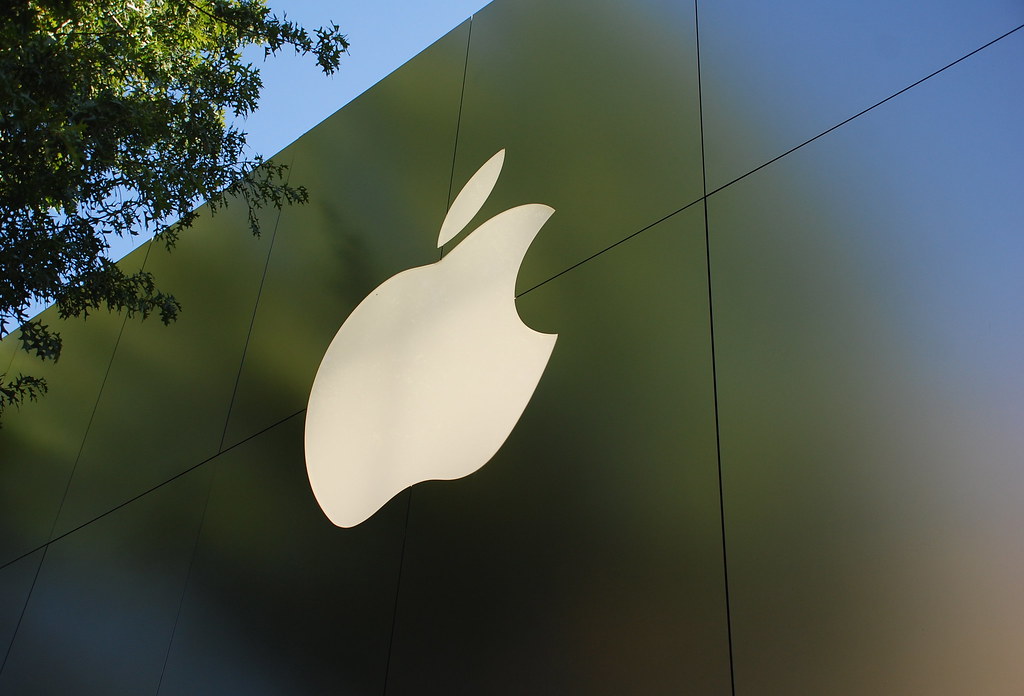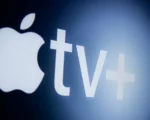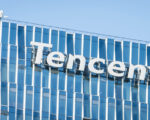EU Accuses Apple of Restricting Spotify and Others from Displaying Alternative Payment Options
In a landmark decision, Brussels levied a hefty fine of EUR 1.84 billion (approximately $2 billion or Rs. 16,581 crore) against Apple for its anti-competitive practices in the music streaming market, marking the tech giant’s first-ever penalty for violating EU regulations. The substantial fine, comprising a base penalty of EUR 40 million (around Rs. 359 crore) supplemented by a significant lump sum intended as a deterrent, underscores the severity of Apple’s transgressions as determined by the European Union’s antitrust authorities. At the heart of the matter lies the accusation that Apple unlawfully restricted competition by imposing restrictions on its App Store that hindered the ability of music streaming rivals, notably Swedish service Spotify, to inform users about alternative payment options outside of the App Store ecosystem.
The European Commission’s decision to impose the fine on Apple stems from a complaint lodged by Spotify in 2019, which alleged that Apple engaged in anti-competitive behavior by erecting barriers that prevented Spotify and other streaming services from communicating with users about alternative payment methods. Specifically, Apple’s App Store policies were accused of stifling competition by prohibiting app developers from providing information to users about subscription options available outside of the App Store, thereby limiting consumer choice and impeding the ability of competing services to thrive in the market. The Commission’s investigation, initiated last year, culminated in the imposition of the multi-billion euro fine against Apple, signaling a decisive step towards ensuring fair competition and fostering innovation in the digital marketplace.
Apple has announced its intention to appeal the European Commission’s decision, contesting the allegations of anti-competitive behavior and the imposition of the record-breaking fine. The tech giant maintains that its App Store policies are designed to protect user privacy and security while fostering a vibrant ecosystem for developers and consumers alike.
However, with the EU antitrust authorities firmly asserting their commitment to enforcing competition law and safeguarding consumer interests, the outcome of Apple’s appeal and the broader implications for the digital ecosystem remain uncertain, underscoring the complex and evolving landscape of competition regulation in the digital age.It said on Monday Apple’s restrictions constituted unfair trading conditions, a relatively novel argument in an antitrust case and also used by the Dutch antitrust agency in a decision against Apple in 2021 in a case brought by dating app providers. It ordered it to stop such conduct.

Apple said it would appeal the decision. A ruling at the Luxembourg-based General Court, Europe’s second-highest, is likely to take several years. Until then, Apple will have to pay the fine and comply with the EU order.Apple shares were down 3.2 percent at $173.88 on Monday afternoon.The fine was nearly four times the EUR 500 million (roughly Rs. 4,475 crore) sources with knowledge of the matter had told Reuters they expected the European Commission to impose on Apple.
In the past decade, the EU regulator has fined Alphabet’s Google a total 8.25 billion euro over three cases. Vestager’s order to Apple to remove its App Store restrictions echoes the same requirement under new EU tech rules known as the Digital Markets Act (DMA) which Apple has to be in compliance with on March 7.
In contrast to the music streaming case, Apple is seeking to settle another EU antitrust investigation by offering to open up its tap-and-go mobile payment systems to rivals. EU regulators, who subsequently sought feedback from rivals and users, will likely accept its offer without fining the company.

















